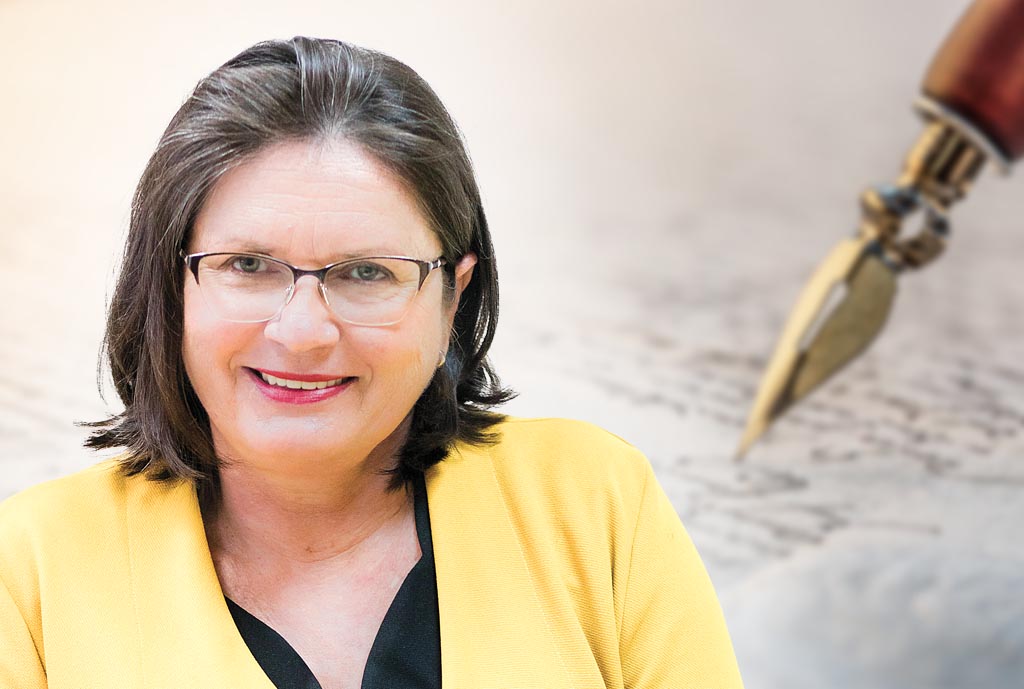By: Dr Andreja Valič Zver
The world is spinning faster and faster. Events follow one another at such a rapid pace that it is practically impossible to comprehensively interpret them in real-time and form one’s own opinion about them. Nevertheless, some events deserve our special attention and a more detailed examination, even though they have intentionally been pushed into obscurity by the majority of the media, and thus to the edge of our interest.
Certainly, dear readers, you have probably at least heard with one ear about the tragic event that occurred on November 9th during protests in the Spanish capital, Madrid. A former MEP and Vice President of the European Parliament, Spanish politician Alejo Vidal-Quadras, was shot in the head by an assailant. Fortunately, Vidal-Quadras survived the assassination attempt and is recovering in the hospital. The consequences of this heinous attack are hard to imagine, not only in terms of the politician’s health but also in political terms for Spain and Europe.
Vidal-Quadras was a prominent member of the Spanish People’s Party and later founded the Vox party, which is, among other things, a strong opponent of illegal migration and advocates for the “re-Christianisation of Spain”. In the context of Spanish history, their demand is understandable, as Arabs ruled the Iberian Peninsula from the mid-8th century to the 16th century. Despite being forcibly Islamised, the inhabitants continued to attend mosques, but the era of Arab or Moorish rule left a negative historical memory. One could perhaps loosely compare it to the later Islamic Ottoman rule on the Balkan Peninsula, where the authorities exploited the local population in various ways, leaving an enduring mark of oppressors and conquerors. Even the Slovenes, who experienced raids from Turkish territory from the 14th to the 16th centuries (primarily from the area of present-day Bosnia), are not immune to such primal fear and resistance regarding Islamic conquerors. Therefore, we can understand the current demands of Spanish masses for a new “reconquista”, a new Christianisation, against illegal incursions by militarily capable Islamists, against their infiltration into every aspect of the social system, and their intentions to turn things in their favour when the time is right.
Vidal-Quadras is not an insignificant “village sheriff”; he is indeed one of the most influential and courageous Spanish politicians. During the protests in Madrid, he, along with thousands of other Spaniards, protested against the theft of the electoral victory from the Spanish People’s Party and the formation of a questionable alliance between the defeated Socialists and Catalan separatists. The union of two completely different spouses – a “marriage of convenience”, as the English would say, or a marriage for the sake of interests – is, of course, doomed to failure from the start. However, the former Catalan president Puigdemont would make a pact even with the devil to avoid a prison sentence imposed for conspiring against the Spanish state. I know some will argue that the Catalans have the right to independence. It is not that simple. Unlike the Slovenes, who, in the breakup with the former Yugoslavia, referred to the constitution, there is no such right explicitly stated in the Spanish constitution. Even more significantly, the result of the referendum was substantially different from the outcome of the Slovenian plebiscite, and many Catalans simply do not want to leave Spain. Among them is Vidal-Quadras, who was born in the Catalan capital, Barcelona.
It appears that Vidal-Quadras was likely shot because of his support for the fight for human rights, particularly women’s rights in Iran. Similar to the totalitarian regime of Iranian clerics, he, along with European Parliament Member Milan Zver, was placed on the list of terrorists. Incidentally, for Pop TV journalist Alenka Arko, such a list is a matter of “perspective” and “perception”, but for someone else, it is a seriously grave matter. However, how can one expect empathy, understanding, and support from mentally and otherwise dependent individuals?
Fortunately, Vidal-Quadras possesses all three qualities, and most importantly, courage. When we founded the European Platform of Memory and Conscience a decade ago, he, as the Vice President of the European Parliament and a Spaniard, understood that the century of totalitarianism must never be repeated, and therefore, empathy with the victims, investigation, understanding, and condemnation of totalitarian crimes are of vital importance. Otherwise, we will all become victims. Unfortunately, Vidal-Quadras himself has become a victim of evil – an evil that comes from different directions, but its common denominator is the destruction of our values, way of life, and our civilisation.

